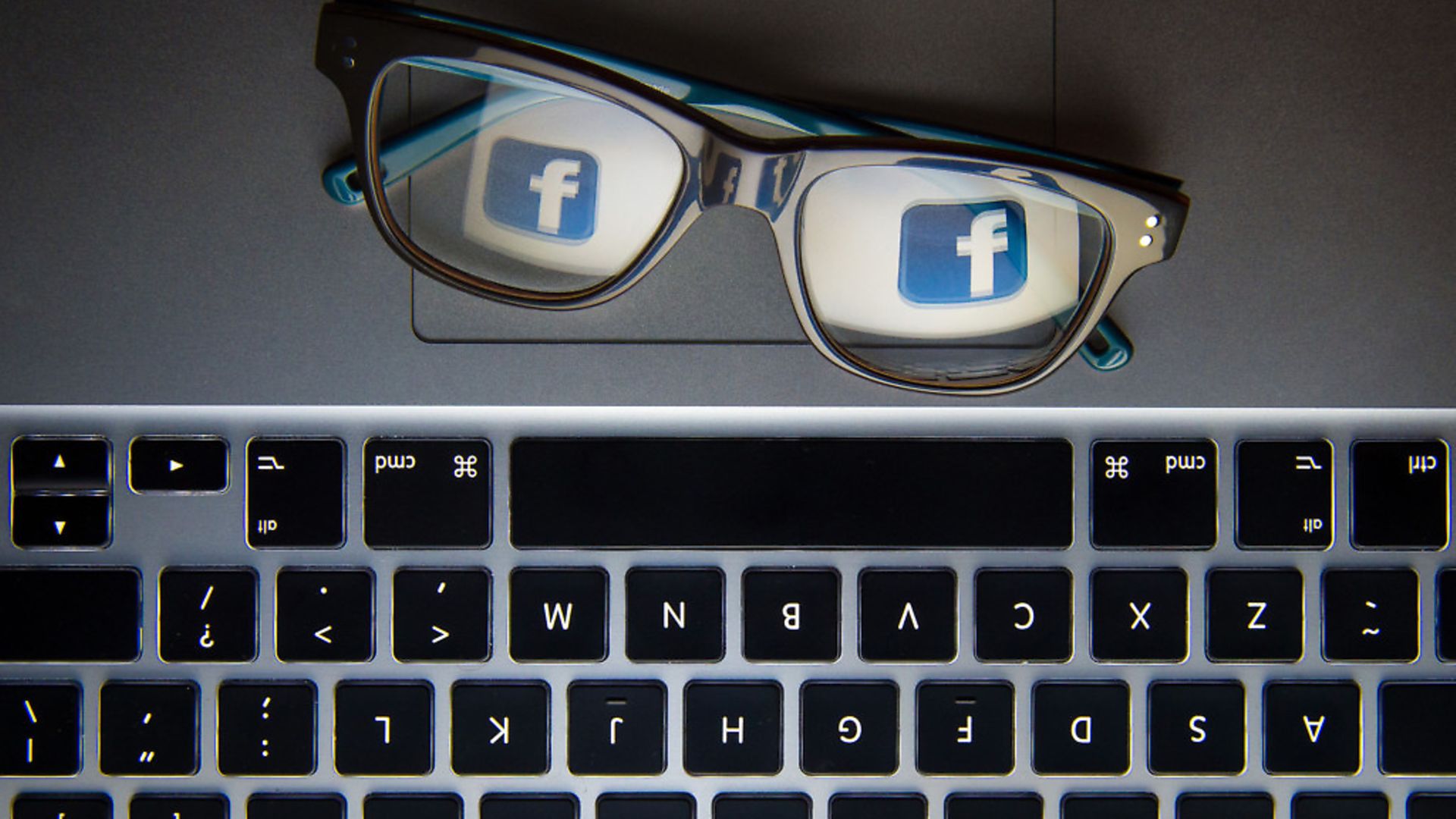
The EU is currently debating proposals to force internet giants like Google and Facebook to pay more for the millions of news stories they offer their users. Here, the leaders of some of the continent’s biggest news agencies explain why the measure is so urgent.
An apparently technical debate has been under way for several months in European capitals and in Brussels over a planned European Union directive on copyright.
The outcome of the battle will have far-reaching consequences for Europeans and their access to a diverse, reliable news media. For our democracy, the stakes are high.
For the first time in the digital age, the planned directive would oblige the big internet players to pay compensation to the news media for the millions of stories on their platforms that are visited by people seeking news.
Today, most people, especially the young, have lost the habit of paying to get the news. Now they see it as a right. Checking social networks on a mobile or desktop computer, people enjoy instant access to the big media, real-time alerts on breaking news as well as analyses and in-depth investigations.
That free access to the news is one of the great supposed victories of the internet, which many members of the European Parliament will strenuously defend in the name of noble democratic principles.
However, in reality, the concept of free news is a myth. At one end of the chain, actually reporting to inform the public costs a lot of money. At the other end, news consumers are highly valued as an audience that generates advertising revenues. Between the two, some players have won. And some have lost heavily.
A glance at the profits being made by internet giants, social networks, search engines and content aggregators is instructive. Facebook tripled its profits in 2016 to $10 billion. After friends and family, news is the next biggest driver of traffic to Facebook. Google has posted profits of $20bn on sales of $90bn. Its advertising revenues leapt 20% in a year. There, again, news was a key driver.
Facebook has said on numerous occasions its goal is to be the world’s biggest media provider. And yet neither Facebook nor Google has a newsroom. They have no reporting or production networks, national or international. They have no teams of reporters in Syria risking their lives to show the true face of war. No permanent bureau in Zimbabwe to tell the story of Mugabe’s departure. No journalists in Cameroon. Nor Myanmar. No video reporters. No photographers. No editing teams to plan, edit, check and double-check the accuracy and impartiality of the stories sent in by reporters on the ground.
Even if they undeniably play a crucial democratic role by spreading news worldwide, reporting the news is not their business. They offer internet users the work done by others, the news media, by freely publishing hypertext links to their stories. And their profits from the news business are booming while those of the media are collapsing.
In a few years, Google and Facebook have captured the bulk of all advertising available online. Their share is estimated at 60-70% depending on the region. Conversely, media have seen dramatic falls in their online advertisement revenues. A disaster for the news industry.
As a result, national and international news agencies across the world face an unenviable outlook because their health depends directly on that of their customers: the media. Yet these agencies are at the heart of the business of reporting the news.
The few attempts led by the media industry in Spain, Germany and France in 2013 and 2014 to get internet giants to pay anything more than a few symbolic crumbs all failed to fundamentally change the situation.
Years have passed and today the very business of credible, free reporting is threatened. Quite simply because soon the news media will be unable to finance it. The diversity and quality of news, a pillar of any democracy, may be at risk.
Solutions must be found. But who should pay? Must it always be the taxpayer, as it is already in some European countries? Or isn’t it time for some of the internet giants to give back a fair contribution to those who actually report the news, including the news agencies?
In the United States, American media are calling on the authorities to make an exception to anti-trust laws so as to allow them to join forces in the face of the internet duopoly.
The European Union could decide on an innovative solution by introducing so-called neighbouring rights over news content that would benefit the news publishers and news agencies that invest in reporting the news. It would help to correct the current imbalance that is damaging the news industry. And it would offer a durable future for a reliable, diverse news industry without asking tax payers to pay.
Some in the European Parliament are concerned about the planned directive. They fear the public right to ‘free news’ may be at risk. But we should be clear about who is being targeted. People browsing the internet will not be affected. They will pay no more than they do today. Rather, those who have benefitted disproportionately from advertising revenues should repatriate a meaningful share of these revenues to the media which funds content origination.
If there is no rebalancing of the market, the consequences are inevitable. News media will continue to disappear. Either citizens will be deprived of easy access to a diverse reliable news media or in some countries the state will have to make up the shortfall with taxpayers’ money.
It has long been accepted in many countries, given the democratic stakes, that the state may help the news business, from the BBC to AFP, and newspapers in all their diversity. But is it acceptable that the taxpayer should make up a shortfall in advertising revenue that has been siphoned off by internet giants?
The irony is that those who oppose the European Commission’s proposal on the pretext of defending consumers and access to free news could well succeed, and end up making them pay more through their taxes.
We strongly urge our governments, the European parliament and the commission to proceed with this directive. It is key for the media industry, the consumer’s future access to news, and ultimately a healthy democracy.
This article is a joint statement by the following:
• Emmanuel Hoog, CEO, AFP (France) • Peter Kropsch, CEO, DPA (Germany) • Clive Marshall, CEO, Press Association (UK) • Jose Antonio Vera, CEO, EFE (Spain) • Giuseppe Cerbone, CEO Ansa (Italy) • Jonas Eriksson, CEO TT (Sweden), acting president of the EANA (European Alliance of news agencies) • Clemens Pig, CEO APA (Austria) • Marcel Van Lingen, CEO ANP (Netherlands) • Patrick Lacroix, CEO Belga (Belgium)









